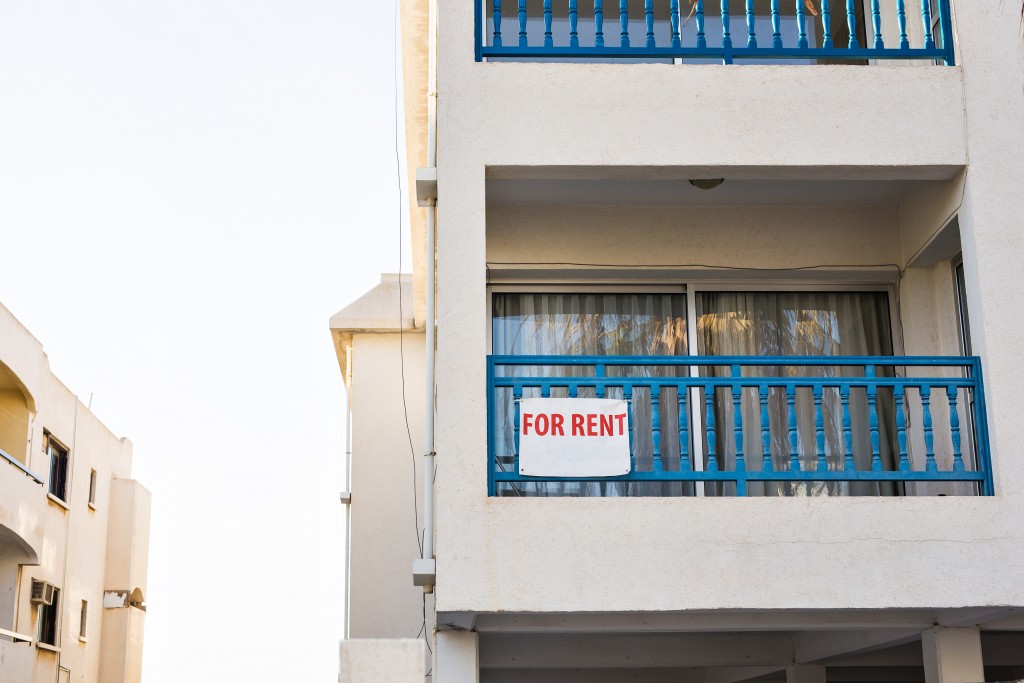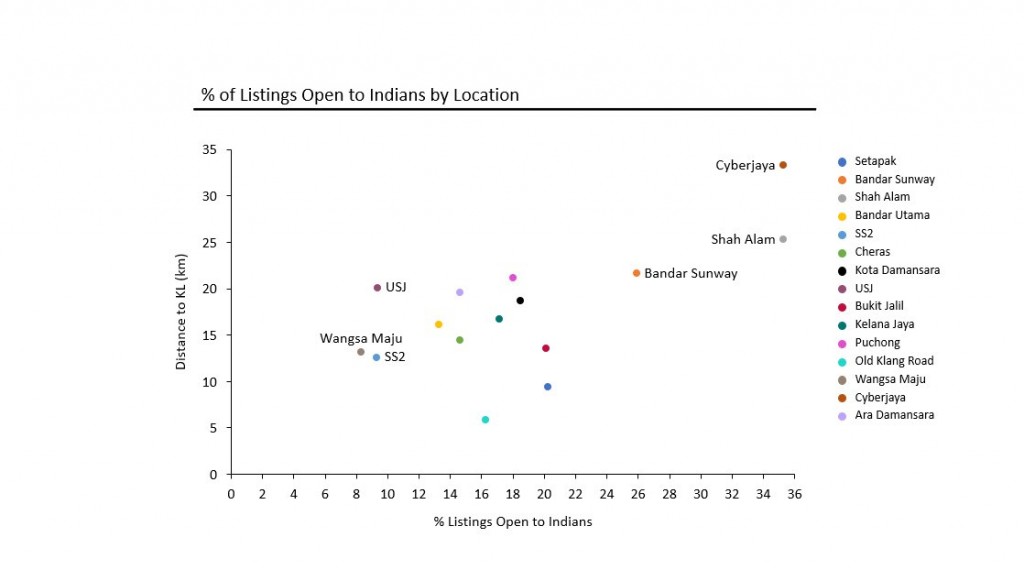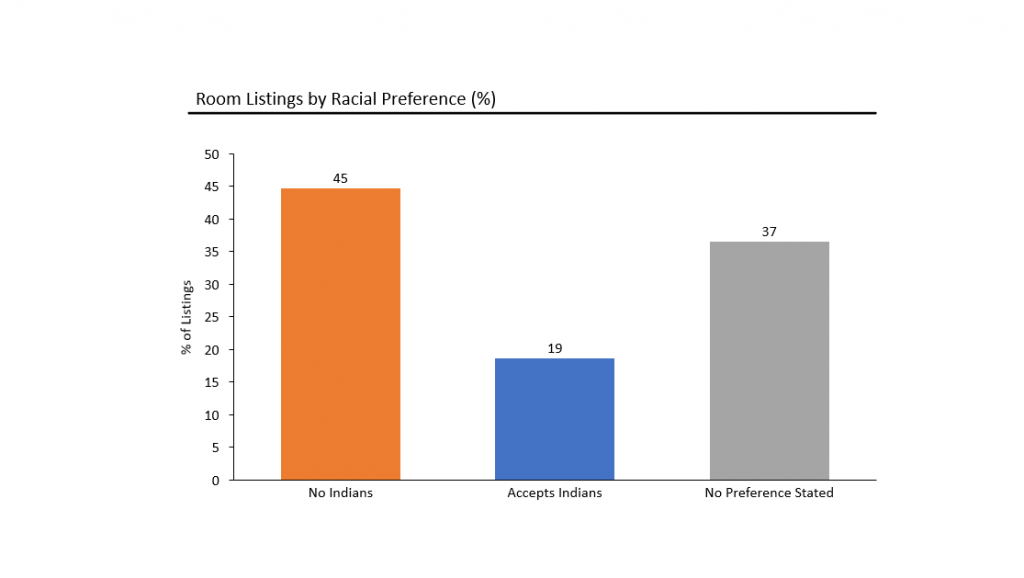Race becomes a rental obstacle
By Yanika Liew
Our nation observed its 60th Malaysia Day last month. But as we celebrate our unity and diversity, the housing sector has to deal with a divisive factor — that of rental discrimination.
This unspoken reality for Malaysians is a growing problem as renting becomes more and more of an alternative to home ownership.
Malaysia does not have specific laws governing the issue of landlord and tenant. The proposed Residential Tenancy Act, drafted in 2020 and expected to be tabled next year, is aimed at addressing that issue.
But with speculation that the RTA will also attempt to tackle the problem of rental discrimination, landlords are in a hurry to disavow the new Act. It’s my property, my choice, right?
So, how worrying is rental discrimination?
In 2020, Pingaleyen Kumar conducted a study on the rental website IBilik.my. He coded a program that ran through each page of the website and its listings, to identify which properties were discriminating by race.
According to data obtained from the website, Malaysian Indians are rejected by 45% of all listings in Klang and Selangor.
While the trend is consistent across all room types, Pingaleyen noted that locations closer to KL city centre seem to have fewer listings open to Indians. Effectively, Malaysian Indians are barred from 45% of listings, having to compete in the remaining 55%.
Taken aback
“After publishing this analysis, many people were taken aback, especially those who are not discriminated against. They didn’t realise this was happening and they were shocked by it,” he said.
“The root cause for most of this discrimination is bad perception towards Indian tenants or rather tenants from a particular background. This perception is related to them not taking care of the property, although the matter is not exclusive to a particular race.
“From the landlord’s perspective, it’s difficult to get rid of a bad tenant. So many of them end up discriminating upfront just to avoid the risk,” he added.
With the RTA, speculation is rife about its role in lessening racial discrimination. Pingaleyen doubts that it can be enforced effectively.
“For the RTA to work, you need to prove racial discrimination. There are ways to bypass the law. For instance, instead of asking for my race, the landlord or agent can ask for my photo.
“A friend who went through an agent was told he was rejected. When he asked why, the agent said the landlord just has preferences. In such cases, how are you going to prove it’s because of race although implicitly you know it is?
“Another friend related that the landlord or agent video-called her. When she answered and they saw she is an Indian, they immediately put down the phone,” said Pingaleyen.
With more homestay avenues such as Airbnb being made available, the rental issue is exacerbated even in short-term stays and vacations.
Alistair Nicholas, 24, recalled a baffling experience when he tried to secure a homestay. “The homeowner asked me to confirm the booking. She asked where I was from, to which I replied Klang. She cancelled the booking.
“I was bewildered and asked her why she cancelled, but she didn’t respond. I put it down to discrimination because Klang is known for being populated with Indians. Being from Klang, I was grouped together with Indians who are stereotyped as drunks and gangsters,” he said.
In the end, Alistair’s friend, a fair-skinned Chinese-Indian woman, managed to book the homestay for their group.
“I just wanted to test the theory,” said Yasmeeta Oon Vishnugopal, 23, a business development executive. “I’m half Chinese and half Indian, so I used a picture of me in cheongsam as my profile photo on Airbnb… I got the booking.
“I’m not sure if it has anything to do with my gender but the host was nice to me. We’re in 2023 and if you’re still looking at race when deciding to allow people to book your unit, you might as well not be a host,” she added.
The rental discrimination extends to other races as well. Africans, Bangladeshis and Pakistanis are among those who face difficulty in seeking a place to rent. Other races may also find themselves in the same predicament when dealing with owners of different descents.
Set up a tenancy tribunal
Home Buyer Association president Chang Kim Loong said that while the RTA in its current form does try to cover perceived racist preferences on potential tenants, it should not include this issue.
“Rental is a private commercial arrangement between willing tenant and willing landlord; the government should not interfere,” he said on the HBA Youtube channel.
“Every house owner must have the right to choose who they want to rent to,” he added, echoing many landlord concerns.
However, it is important to protect the rights of both landlords and tenants, as well as control basic tenancy practices. As a solution, Chang suggested an alternative to the current law courts.
“There should be a quasi-court in the form of a tenancy tribunal for trivial disputes. The tribunal should be tailored for a speedy, cheap and simple dispute resolution,” he said.
Bukit Gasing assemblyman R. Rajiv said: “It goes beyond the discrimination issue. All tenants and landlords need easy access to justice. For landlords, it is often tenants not paying rent and so they need a quick recourse because filing a court case is lengthy, expensive and simply not practical.”
“At the same time, the tribunal will protect tenants whenever landlords don’t keep up their end of the bargain, such as repairing faulty electrical equipment or a leaking roof,” he pointed out
Rajiv noted that the tribunal would also be able to address the problems that lead to discrimination in the rental market.
While policymakers debate the issue of reducing rental discrimination through laws, the general public is less certain. Both Alistair and Pingaleyen reckon that the root cause of this problem is people believing in stereotypes from young.
From his findings, higher-priced properties are less likely to have discriminatory conditions, leading Pingaleyen to conclude that the lower the price of a property, the higher the demand for it.
He explained that when he published the analysis, he was not fighting the landlord’s right of choice. “Many people attacked me because they thought I was questioning their right to do whatever they wanted to their property.
“What I’m fighting is the negative and harmful stereotypes that will hurt a particular community. The solution is on a deeper and more personal level, not by enacting a policy. At most, it’s a stepping stone,” he said.
On the other hand, why would anyone want to rent a place that belongs to someone who judges a person’s skin colour? Perhaps when we celebrate the 61st Malaysia Day, we will be closer to a more equitable rental market that provides homes for all — regardless of race.
First published on October 19, 2023
Source: StarProperty.my
















POST YOUR COMMENTS